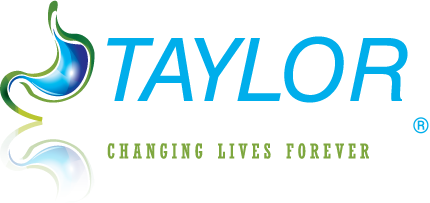Changing Your Diet

When you make changes before your surgical date you have more time to learn the ropes. Following your surgery, a dietary error could leave you with an upset stomach or worse. Taking the time before surgery to slowly adjust to your new diet can make your new weight loss plan less intimidating.
Every type of bariatric surgery has different dietary guidelines. Your weight loss surgeon will give you all the dietary information you will need to make a seamless transition.
Changes in Eating Behaviors
Before your surgical date you will need to develop a healthier attitude toward food and work through your own misperceptions about eating.
The only time you should eat is when your body is in need of sustenance. Cravings are not the same as hunger. You will need to learn your own hunger cues so you can cut down on excess snacking.
Slowly transition to healthier eating habits with these behavioral techniques:
- Eat slower: It takes about 15 minutes for your stomach to inform your brain that you are full. If you are eating too quickly, you may consume too much food before realizing how full you are. Chew your food thoroughly and take your time between bites so that you can tell when you should stop eating.
- Eat at a designated spot: If you eat on the couch or in front of the television you may not pay attention to your bodily cues to stop eating. Prepare yourself one small serving of food at a time and leave the rest of the food in the kitchen.
- Set meal times: Eat breakfast, lunch and dinner at specific scheduled times every day. If you are planning to eat dinner at seven and find yourself hungry at six, have a glass of water and see if you can manage to wait instead of grabbing a snack.
- Learn to cook: After surgery you will have strict dietary guidelines to follow, and restaurants may not be able to accommodate you easily. Since you will have an easier time eating moist foods, look into recipes that use a slow cooker or crock pot. Take the time before your operation to find recipes you will be able to eat after bariatric surgery.
Staying Hydrated
After weight loss surgery, be careful to avoid filling your stomach too quickly while you eat. There are a number of rules that you need to consider regarding water and other beverages:
- Do not drink while eating. Even having water with your meal can prevent you from feeling full and cause you to overeat. Give yourself thirty minutes before and after a meal to drink water.
- Avoid carbonated drinks. Soda has a lot of empty calories, making it especially unhealthy. But you should also avoid drinks like sparkling water as the gas may cause gastrointestinal discomfort.
- Avoid caffeinated and sugar-filled drinks. These beverages have a lot of extra calories and don’t provide any nutritional benefits.
Stay hydrated both before and after bariatric surgery. If you are dehydrated, your body may attempt to hold onto fat, which could interfere with your weight loss efforts. Find a water bottle that you can take on the go so you always have water at your side.
